Technical Community Management Skills: Designing and building effective communities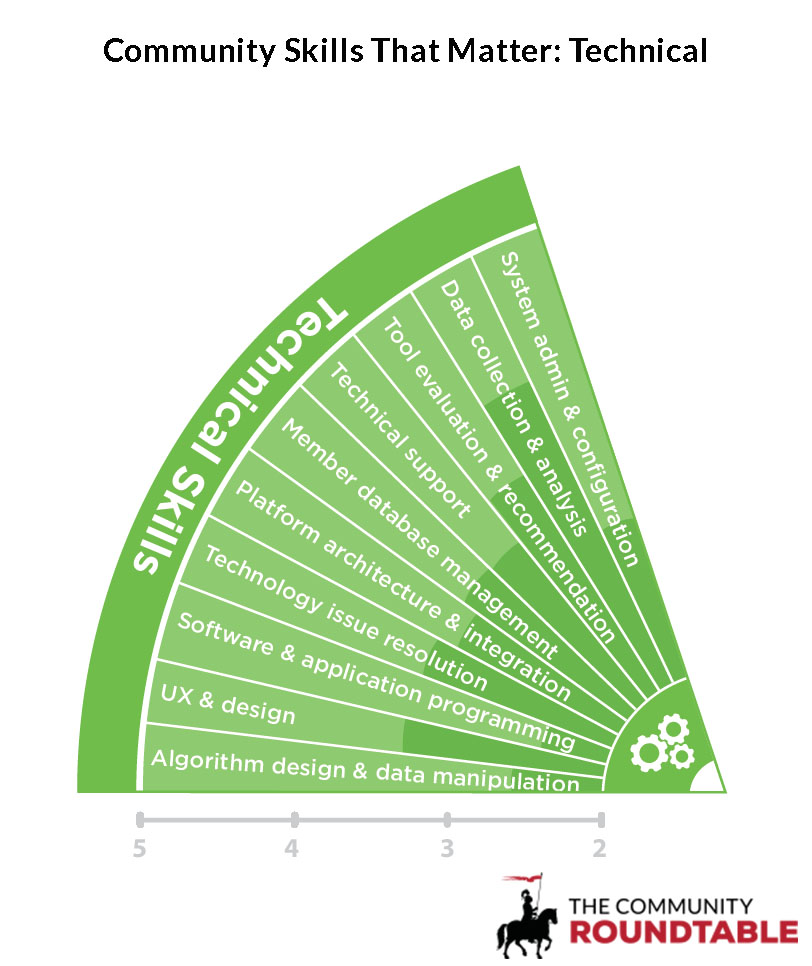
Technical skills are unique in that they are most easily outsourced and often score lower than their true importance because not everyone on a team needs each specific skill. But as noted in our Community Careers and Compensation Report Key Findings,
developing a technical specialty is a great way to increase your value within a community team — and add to your paycheck. Not everyone needs technical skills in data analysis, API development or UX and design, but team members that have them provide great value. Community teams and those who lead them do need to understand where their technical strengths lie and what individual skills can do to strengthen the community if they are to reap the maximum benefits from them.
TRAINING OPPORTUNITY
Data. Data. Data. ROI and engagement statistics are critical, and your community’s existence is heavily based on demonstrating behavior change and measuring community value, so it’s not surprising that the ability to collect and analyze data is seen as both a valued skill and a training need at all levels. Because community teams often need just a limited number of “experts” in other technical skills, community professionals may want to pursue the opportunities that most excite them, while keeping in mind community needs and desires.
CLIMBING THE LADDER
Technical skills are unusual in that strategists and directors value the skills themselves less than their ability to manage the people who have strong technical skills on their team. At all levels, being tech savvy will help you move up the ladder — and investing in specific knowledge can help you develop into a community technologist role, a horizontal career path that has great value, particularly as a consultant. Software and application programming, for example, was the lowest scoring skill of all we surveyed — but being able to code software and APIs can be a hugely valuable to certain organizations or the vendors who serve them.
Want to level up more of your community management skills? Click a skill set to learn more:
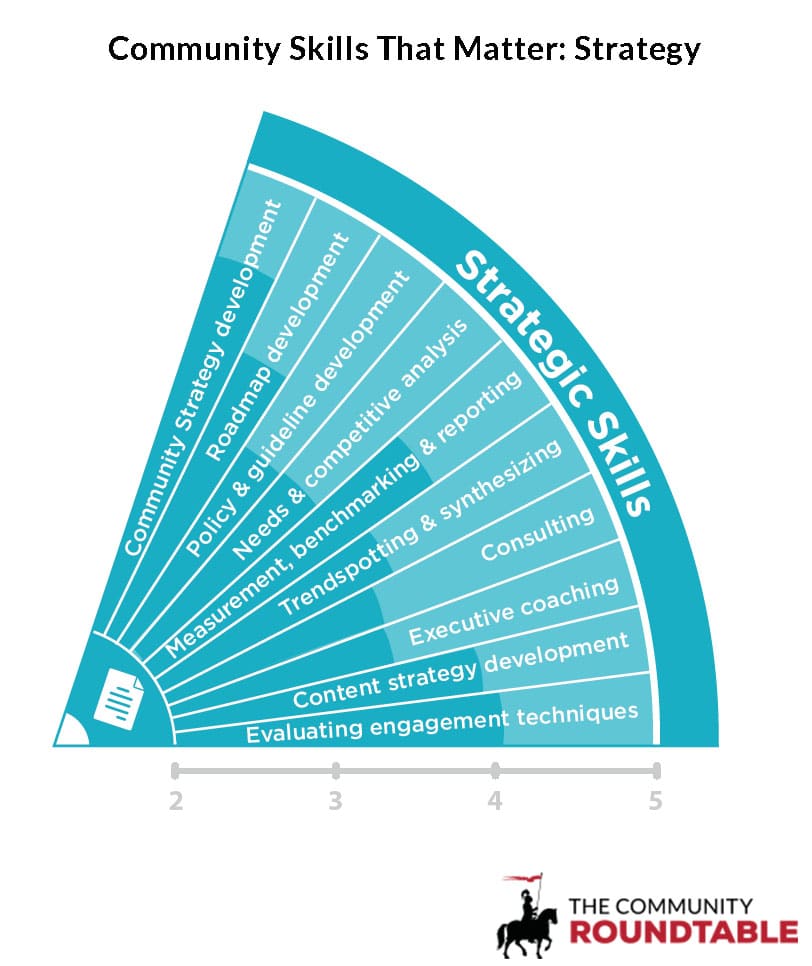 |
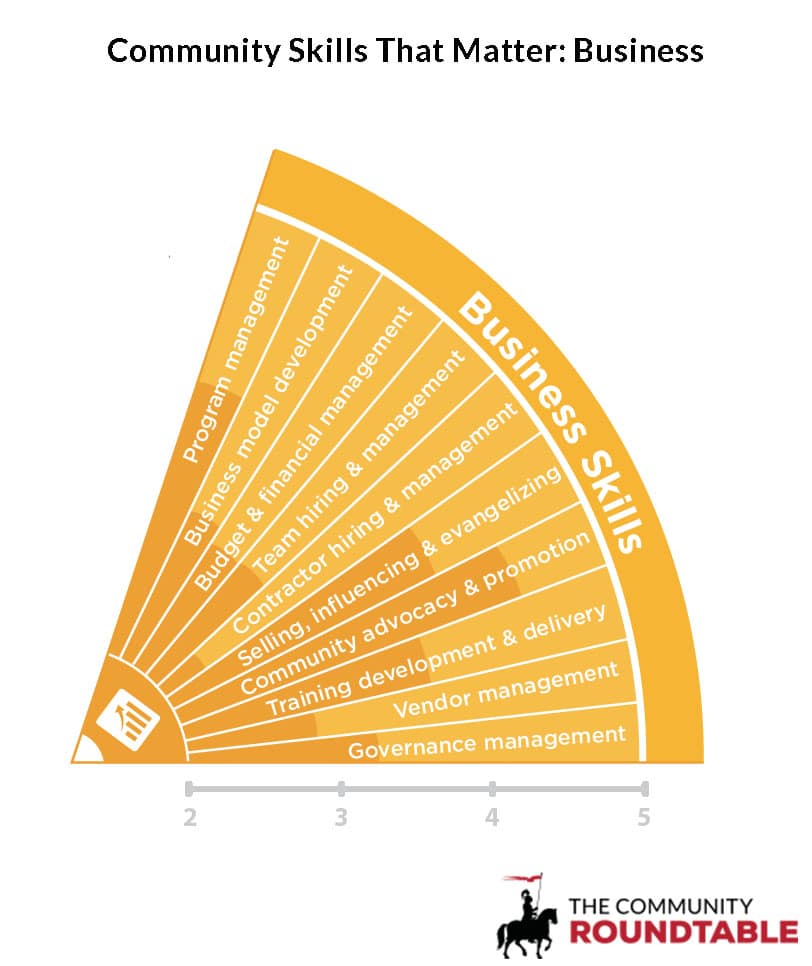 |
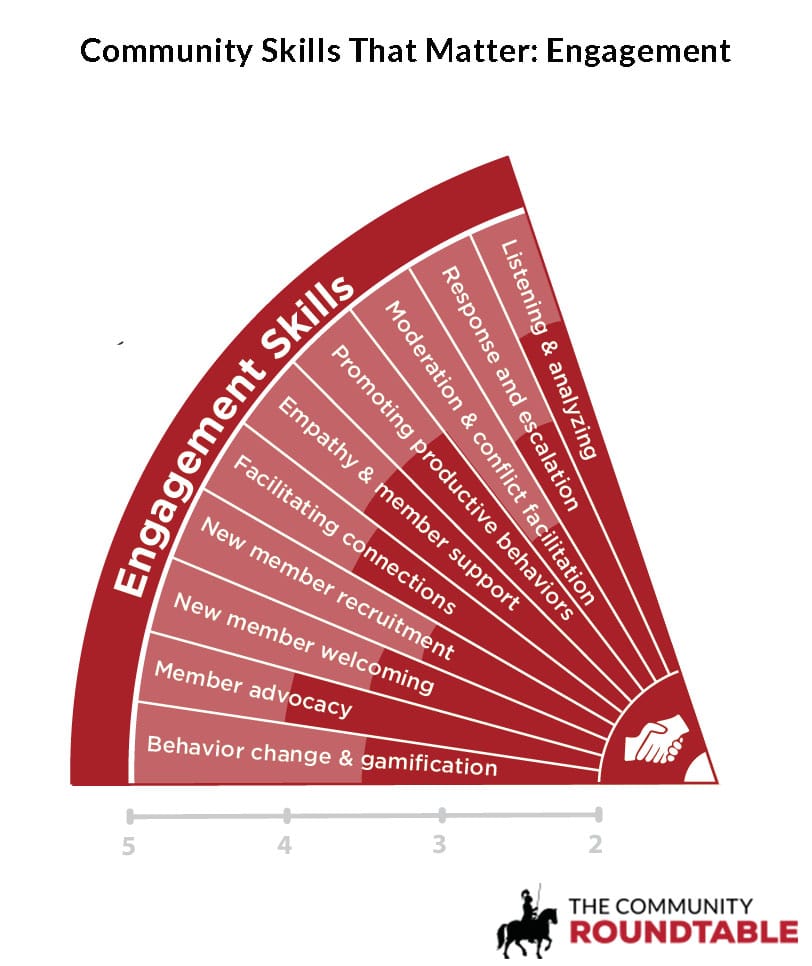 |
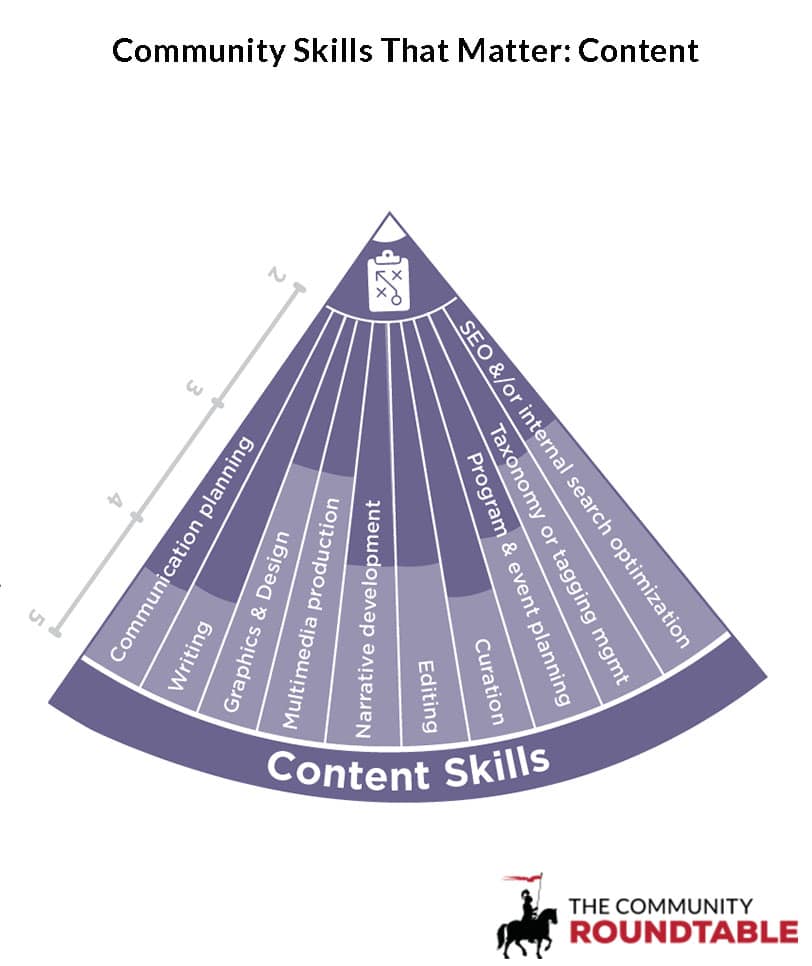
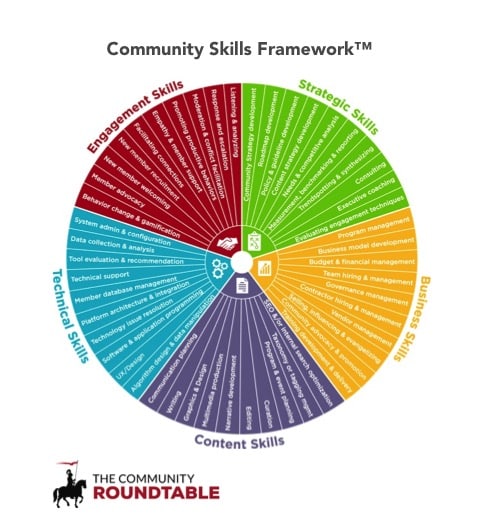
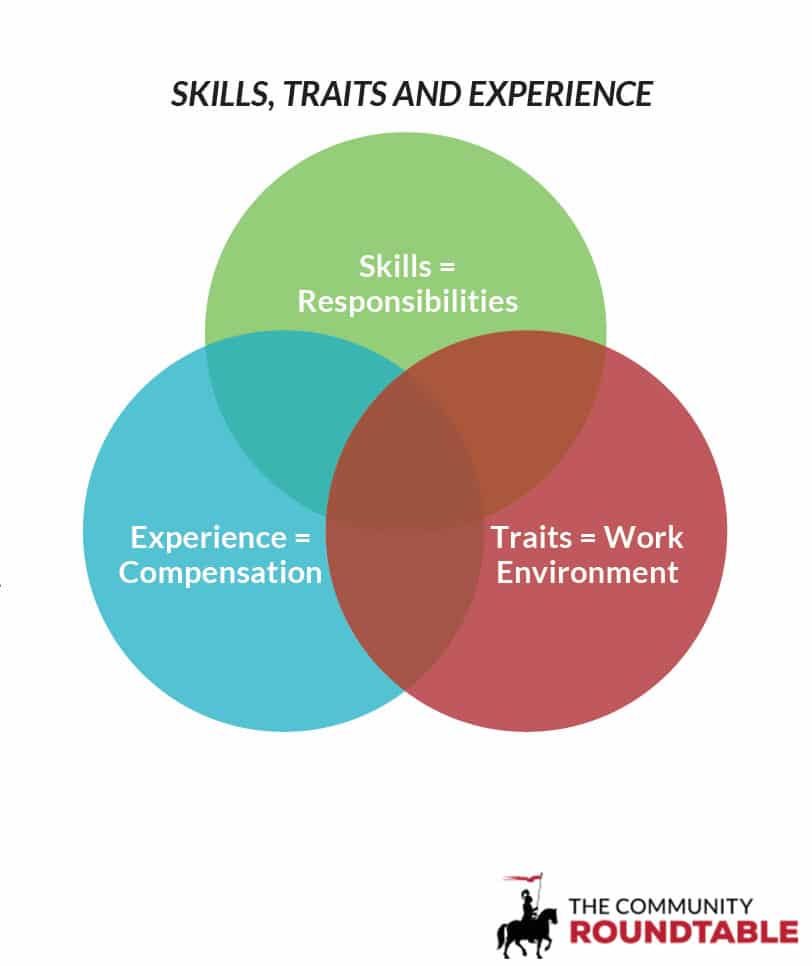
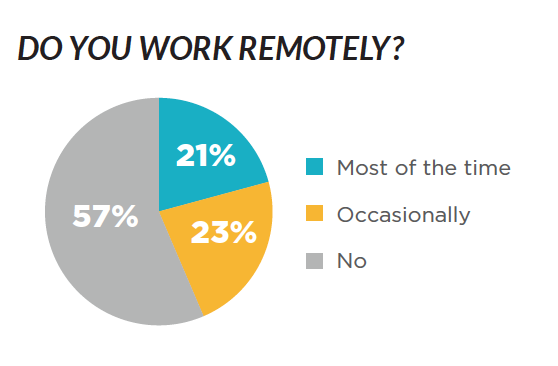
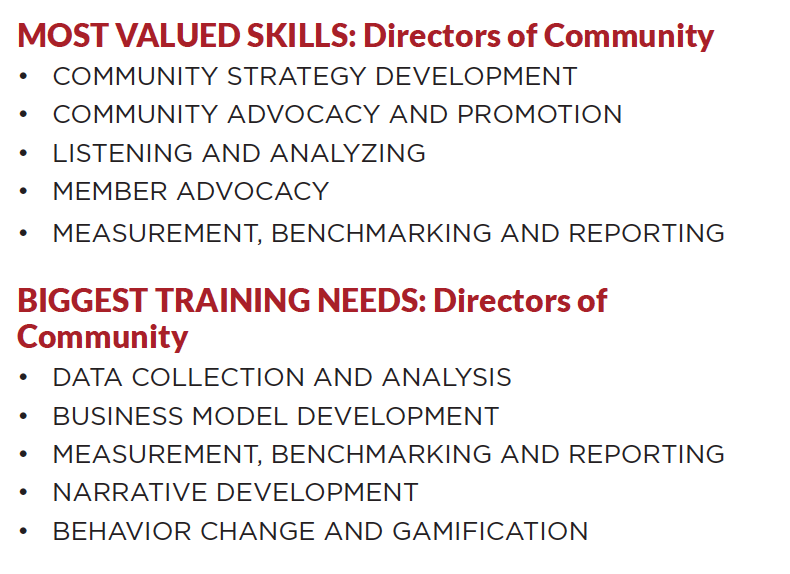
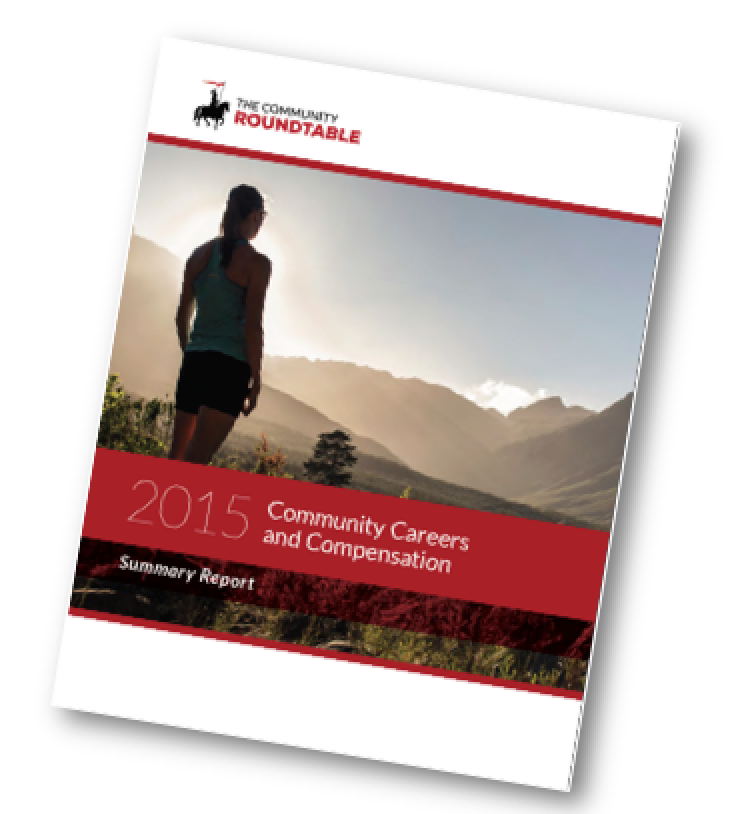
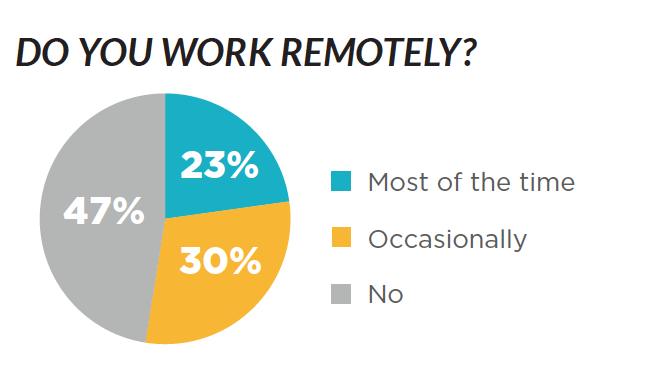
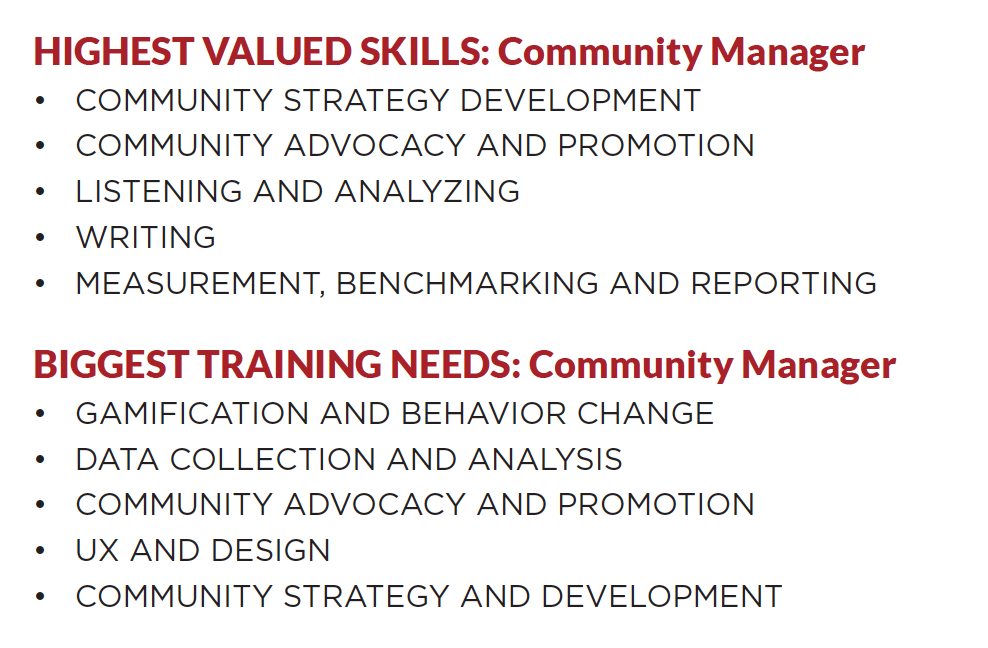
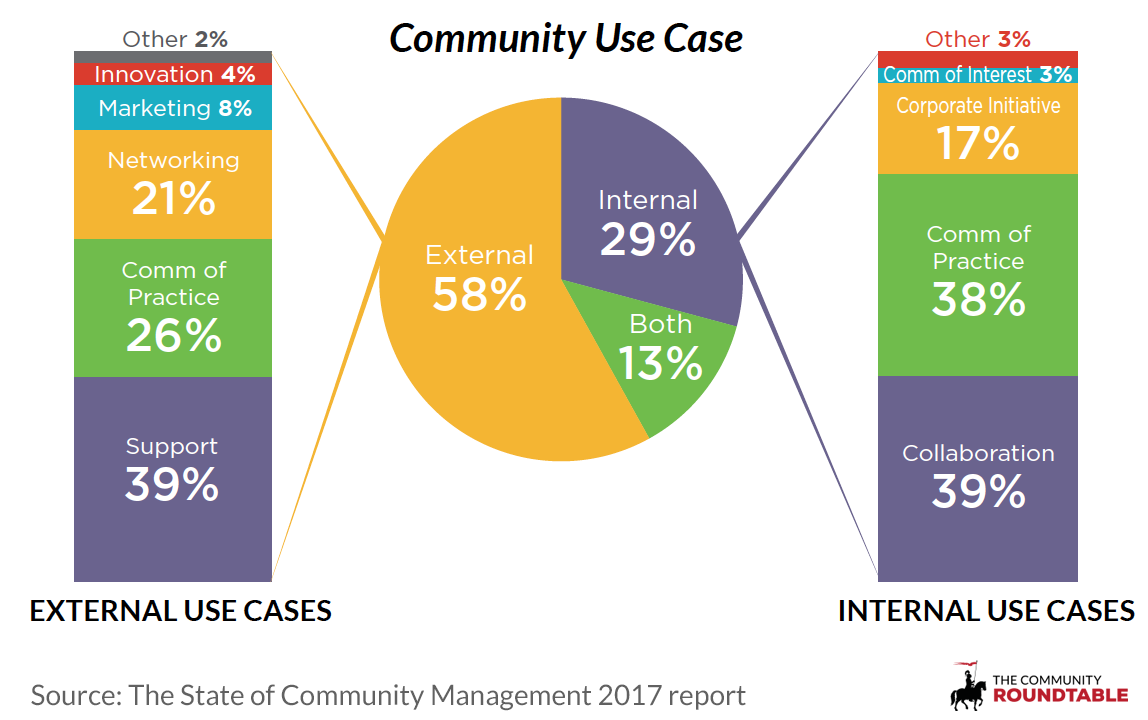
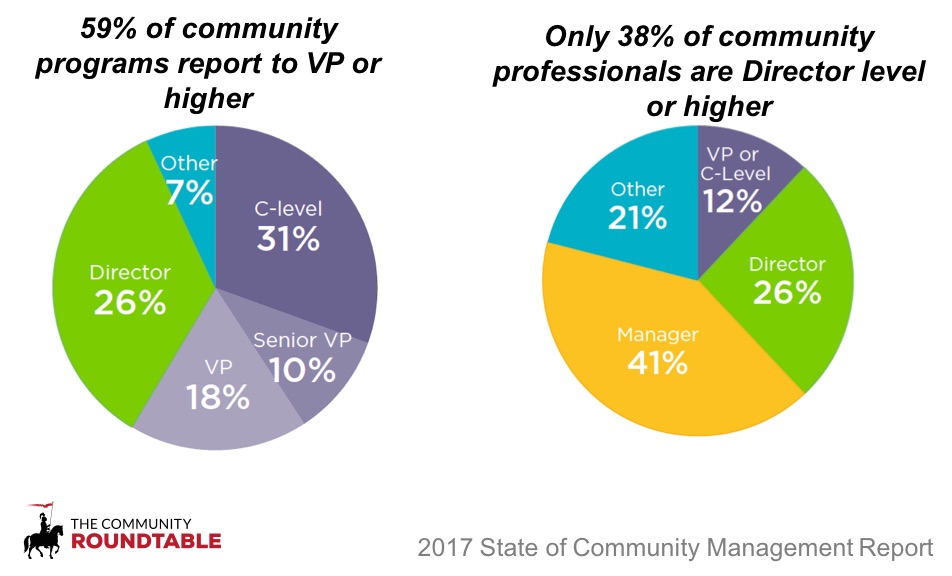
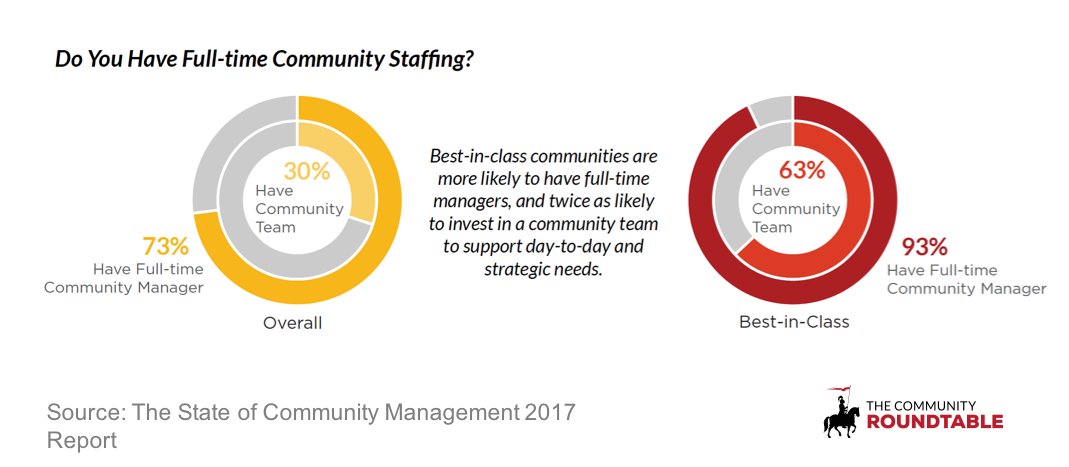
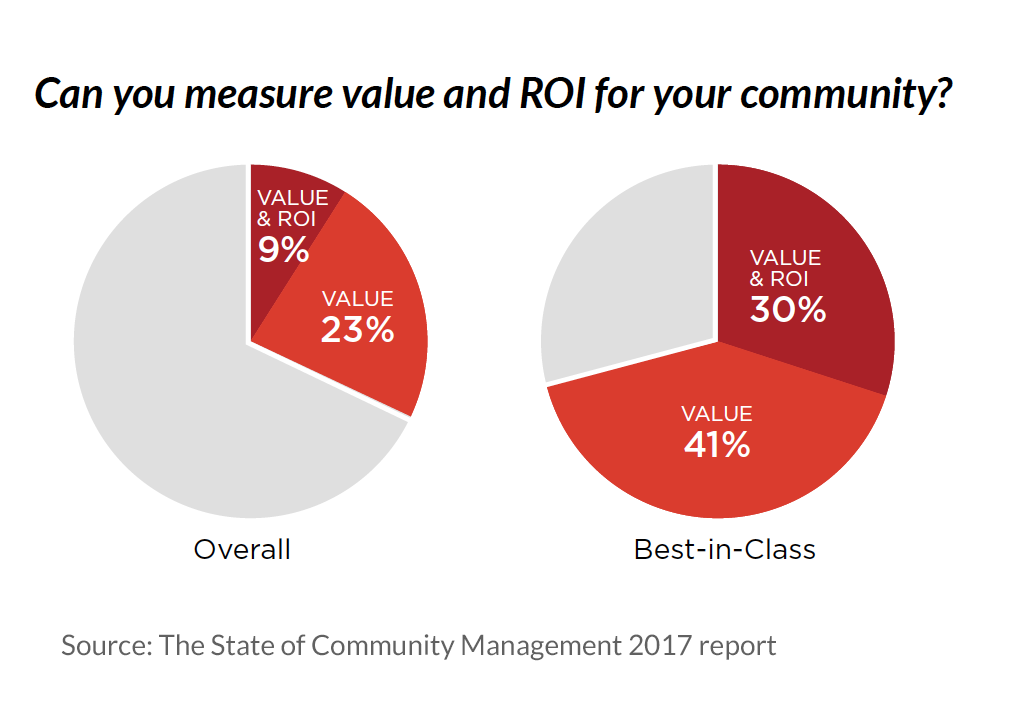

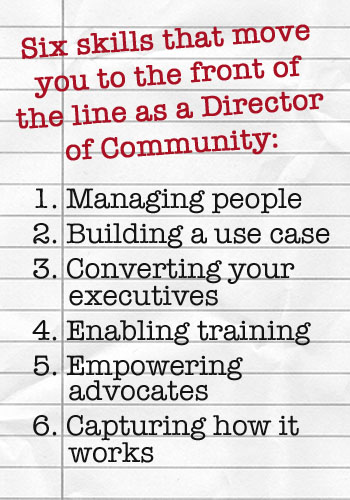 Managing people – Not a shocker here, but directing community should (unless you are building to your first hires) involve managing a team of community professionals. What makes a good team? What skills do you need? What skills do you have on board? How will you support your team’s continued growth? Having a system to know what you have, hire what you need and grow what you can is critical.
Managing people – Not a shocker here, but directing community should (unless you are building to your first hires) involve managing a team of community professionals. What makes a good team? What skills do you need? What skills do you have on board? How will you support your team’s continued growth? Having a system to know what you have, hire what you need and grow what you can is critical. TheCR is pleased to offer a guided course in
TheCR is pleased to offer a guided course in 